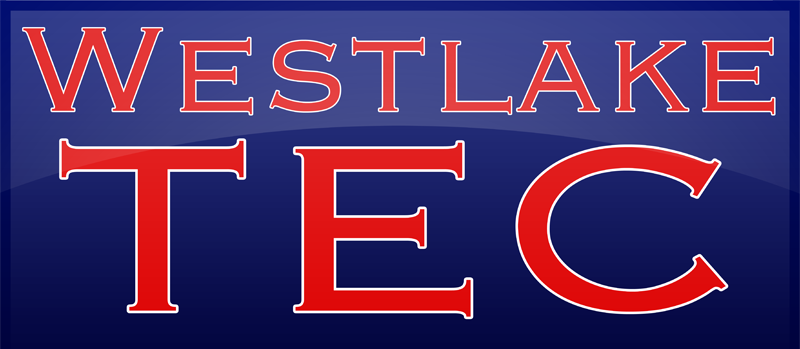If you were to ask me about my most memorable moment in TEC, I would describe my experience heading up audio for the 2013 musical, The Music Man. In a job that required a considerable amount of focus for the entirety of the performance, one would think that the stress of managing 43 miked actors, a 12 piece orchestra, and numerous sound effect cues might have knocked this particular experience out of the runnings. Interestingly, I felt that this challenge not only encouraged a growth in my technical knowledge but instilled vastly greater self-confidence in me as the production advanced.
The Music Man represented a monumental step for me in the areas of said self-confidence and more importantly self-esteem that I will never forget. Going into that first tech rehearsal, I feared that I would not be able to continue the tradition of excellent sound quality and consistency during the musical. What my crew and I quickly realized was that with constant focus, attention to detail, and most importantly, a passion for our jobs, success was inevitable. It highlighted one of the most important things I have ever learned about TEC, and made it easy to see why it is such a popular club. It’s common knowledge to even the newest TEC members how easy it is to fall in love with this organization and its associated culture and group of friends. Stepping back as a now older member, it’s amazing to see the immediate effect on 9th graders working their first productions as they quickly assimilate into the TEC community.
In short, through the Music Man I found that success begets success. Success leads to a passion for one's work creating such a personal commitment and investment into a job that an immense quality of work is put out. Mr. Poole and members of TEC who came long before me noticed this as well, and worked hard to ingrain it into the TEC culture. They found that the easiest way to get younger members truly dedicated was to enable them to be valuable and successful components of the productions. Each crew member is always put into a position in which they can succeed, and are allowed to grow into their respective positions until it isn't the staff member or crew head pushing them to do better work, but themselves, for the sake of the production, and for the sake of the other TEC members on the crew. It’s what keeps the younger members coming back, and in this particular case it’s what made this year’s audio team so successful. It goes without saying that a significant amount of time goes into training and coaching for all positions by staff members and crew heads alike, so that every person on the crew can experience the feeling of ownership, pride, and sincere respect for the outcome of the show.
I joined this organization for the high-tech aspects of our theater but like many, I stayed for greatly different reasons. For the graduating seniors of TEC there is so much more to them in the people, the relationships, and the marks they leave behind on members like me or you. Passing on the tips and tricks that the seniors have picked up over the 4 years of high school doesn't come as burdensome for them. They do not desire success for themselves, but success for the future and continuing members of TEC who will never stop raising this organization to greater heights, by promoting leadership, camaraderie, and fun.
-Feroz James


